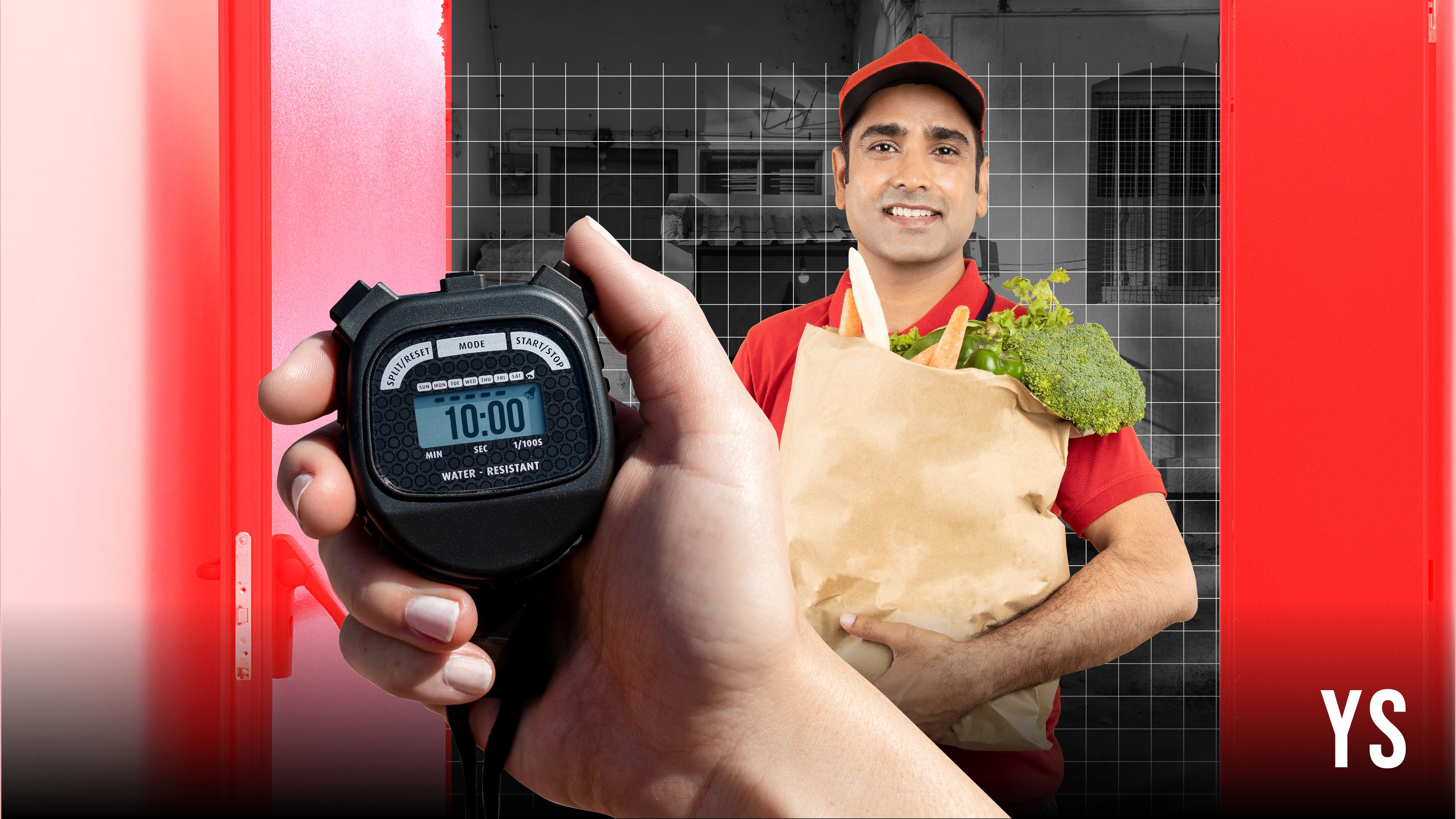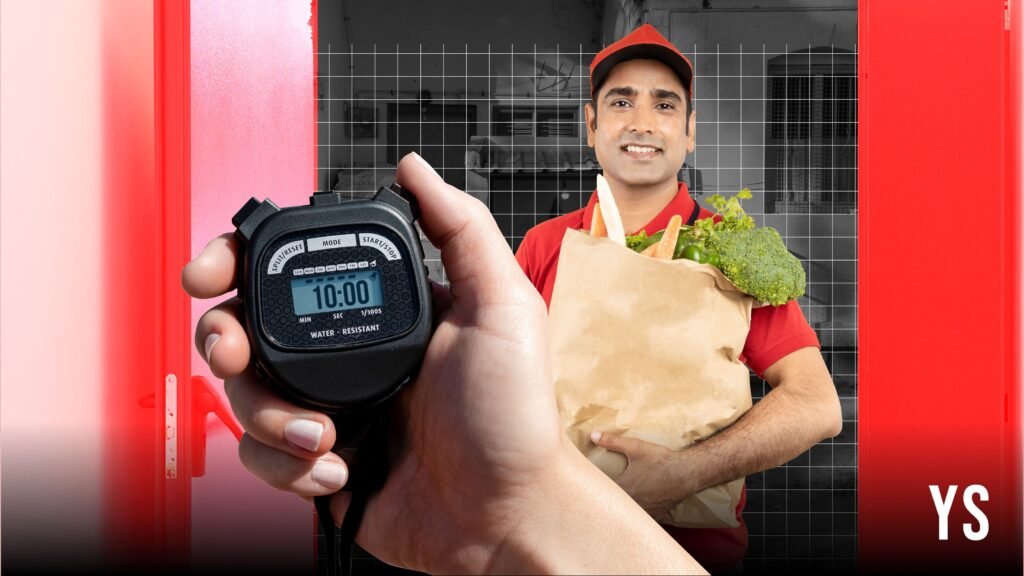
Competition in the quick commerce space has been easing as platforms focus on profitability and sustainable growth, according to a recent report by ICICI Securities.
The report, dated July 7, highlighted that price discounting across platforms has decreased steadily from April to June. Further, performance marketing spending has remained comparatively muted in the first quarter.
Meanwhile, dark store expansion has receded on a quarter-over-quarter basis, with the majority of the investment phase completed in previous quarters, it said.
The report comes in contrast to the further intensive competition expected by Eternal-led Blinkit and Swiggy’s Instamart, as outlined in their Q4 shareholder letter.
In Q4, Swiggy added 316 dark stores, taking its store count to 1,021. It added more than what it cumulatively added in the past eight quarters. Albinder Dhindsa-led Blinkit added nearly 294 stores in the Jan-March quarter, taking its store count to 1,301.
Quick commerce market leader Blinkit saw its gross order value (GOV) grow about 25% in the April-June quarter, while Swiggy clocked about 22%.
During the same period, the overall quick commerce market—which also counts players like Zepto, Flipkart Minutes, BB Now, and Amazon—grew about 20%, suggesting a shift in market share instead of combined growth.
Both Swiggy and Zomato saw their adjusted EBITDA margin improve by 66 basis points and 220 basis points, respectively, helped by the conclusion of dark store expansion in previous quarters, as well as focus on AOVs to improve unit economics.
Earlier this May, IPO-bound Zepto said it reined in its burn by about 65% from the beginning of the year, while clocking a 20% growth in its GOV. Zepto Co-founder and CEO Aadit Palicha also said he expects the company’s overall EBITDA profitability and operating cash flow to be within a few hundred basis points of breakeven by the September quarter.
Edited by Suman Singh

